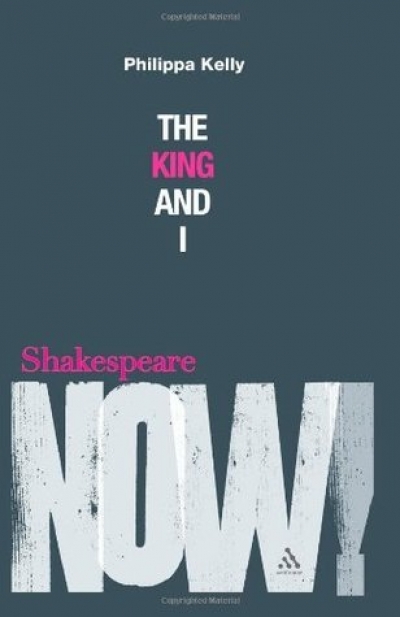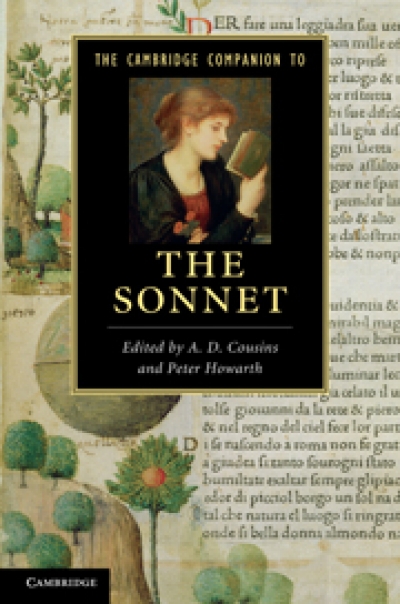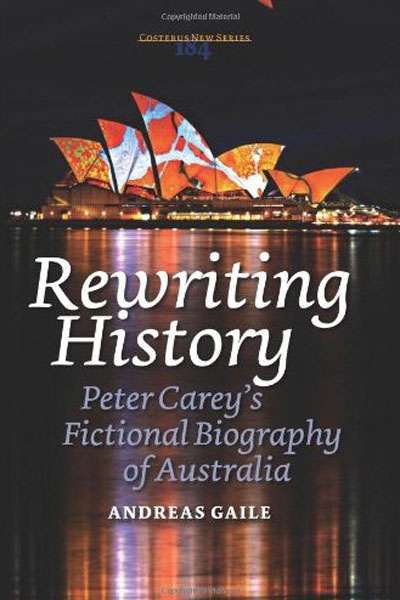Literary Studies
The Cambridge Companion to the Sonnet edited by A.D. Cousins and Peter Howarth
'Hautes Fenêtres: Thoughts on the place of translation in recent Australian poetry' by Simon West
In a 1995 interview for the Paris Review, Ted Hughes was asked if the 1960s boom in translated poetry, particularly with series such as the Penguin Modern European Poets, had influenced poetry written in England. ‘Has it modified the British tradition!’ he replied. ‘Everything is now completely open, every approach, with infinite possibilities. Obviou ...
It’s not often that literature makes the front page of the Sydney Morning Herald, but on 3 November 2006 the lead story was a report by David Marr about the National Library of Australia’s purchase of a collection of Patrick White’s papers, previously thought destroyed. Other media, both in Australia and internationally, picked up the story. The T ...
Romantic Moderns: English Writers, Artists and the Imagination from Virginia Woolf to John Piper by Alexandra Harris
Nine Lives: Postwar Women Writers Making Their Mark by Susan Sheridan
Shakespeare, Sex, and Love by Stanley Wells & Shakespeare’s Freedom by Stephen Greenblatt
Rewriting History: Peter Carey’s Fictional Biography of Australia by Andreas Gaile
A Cool and Shaded Heart by Noel Rowe & Ethical Investigations by Noel Rowe
‘Who do you think you are?’ an eminent paediatrician once thundered at me across a child’s cot during his weekly grand ward round. ‘Anton Chekhov?’
... (read more)



